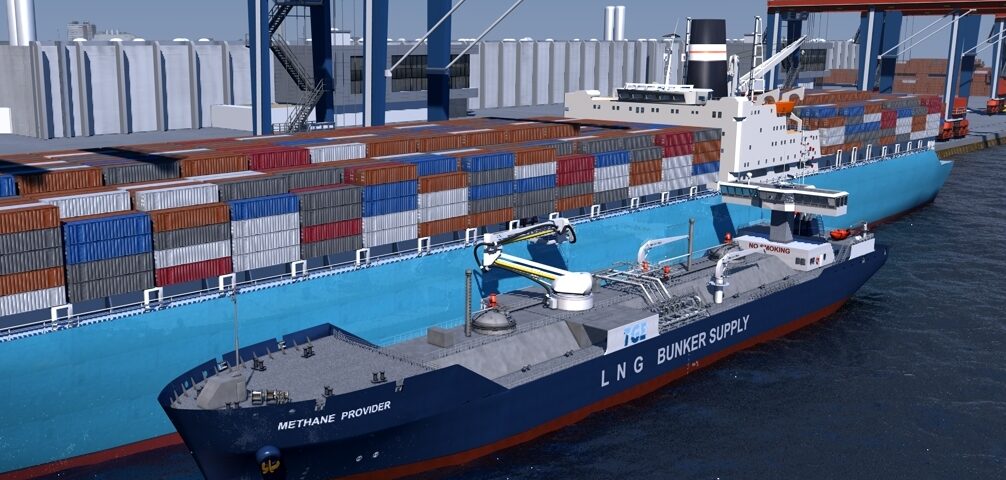LNG as a marine fuel represent a viable solution for making the maritime and port industry more sustainable, as it allows reducing emissions and pollutants, such as SOx and NOx, compared with traditional fuels. Although a number of academics and practitioners has addressed the phenomenon, by investigating environmental, social economic and financial issues related to the adoption of LNG-propulsion systems in the shipping sector, prior studies predominantly assumed a ship-owner or a shipping company’ perspective. Conversely, the analysis of several issues related to LNG bunkering and storage technological options in ports are still underexplored.
The latest port study of PortEconomics members Giovanni Satta and Francesco Parola, along with Okan Duru (Engineering College of Engineering, Singapore) and Camille Leotta (University of Genoa) investigates LNG bunkering and storage solutions in the port context by reviewing extant literature. In order to identify the most discussed and the underexplored research areas, a systematic literature review is carried out on a broad sample of papers addressing LNG bunkering in ports. The literature review returns a picture of a fragmented research field, in terms of both scope of analysis and methodological approach.
The findings identify main research streams and literature gaps thus favouring the development of a future research agenda, which aims to support both academics and practitioners.
The study, presented in the International Association of Maritime Economists 2019 Conference (IAME 2019) held 25-28 June, Athens, Greece and you can find and download the authors’ version of the paper and presentation via PortEconomics.












